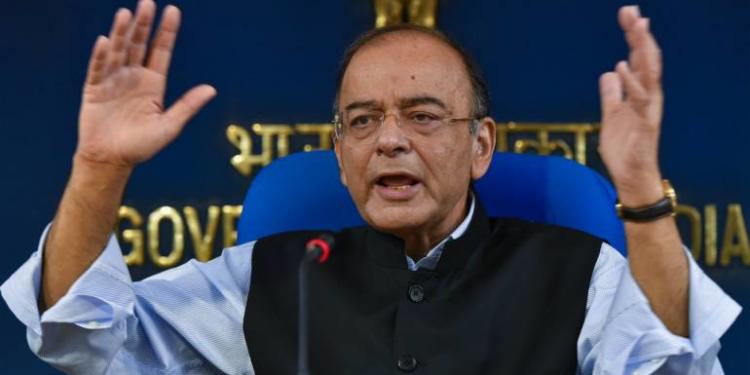Modi government has increased the Dearness Allowance (DA) of government employees by 3 percent over and above the existing 9 percent. DA is given to public sector employees in India to compensate the rising cost of living. The percentage increase has been decided on the basis of the accepted formula recommended by Seventh Pay Commission. The Consumer Price Index (retail inflation) has been very low since the Modi government came to power and therefore a minor increase in allowance was needed to compensate a rise in the cost of living. Dearness Allowance is decided on the basis of retail inflation.
The move will benefit more than 1 crore people including 48.41 central government employees and 62.03 lakh pensioners. The decision will cost 9,000 crore rupees per year to public exchequer. “The cabinet has approved additional Dearness Allowance of 3 per cent over the existing rate of 9 per cent to government employees and dearness relief to pensioners from January 1, 2019,” stated finance minister Arun Jaitley. This is the third time that Modi government has increased the DA for government employees and pensioners in the last one year. In March 2018, the government increased the DA by 2 percent to 7 percent from the existing 5 percent. Merely three months afterwards, the government raised the DA by another 2 percent in July. Therefore, the central government employees and pensioners who used to get 9 percent Dearness Allowance subsequent to July 2018 will be getting 12 percent DA from January this year.
Earlier in January, government had extended the benefits of the seventh pay Commission to teachers as well. “This will directly benefit a total of 29,264 teachers and other academic staff of state government-funded institutes. Besides, about 3.5 lakh teachers and other academic staff of private colleges or institutions within the purview of All India Council of Technical Education (AICTE) will also benefit from the approval”, informed Education minister Prakash Javdekar.
The government also approved a 300 percent hike in the allowance of central government employees handling cash and treasury along with a 200 percent increase in the running allowance for railway employees on the recommendations of Seventh Pay Commission.
Last year, the government announced that male employees who are a single parent to the dependent children now can avail a child care leave (CCL) of total 730 days during their entire period of service based on the recommendation of Seventh Pay Commission. Earlier this benefit was limited to only female employees. “The commission notes that in the event a male employee is single, the onus of rearing and nurturing the children falls squarely on his shoulders. Hence, an extension of CCL to single male parents is recommended,” as per the pay commission report.
Seventh Pay Commission recommended many sweeping reforms including feedback based promotion for ministries and departments where employees have direct interaction with employees. Feedback from public will have almost 80 percent weightage to evaluate the performance of government employees. Department of Personnel and Training (DoPT) is likely to introduce public grading and feedback related promotion for central government employees which will bring an end to the ‘Babu culture’, thereby bringing accountability and transparency in the system.

























